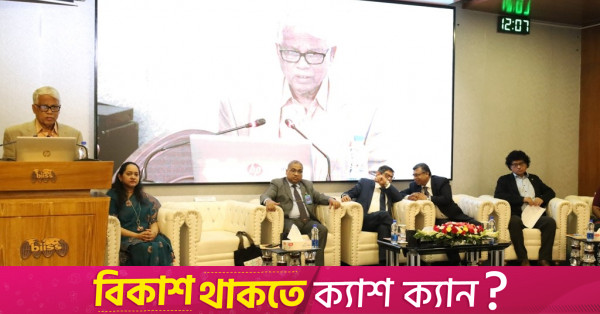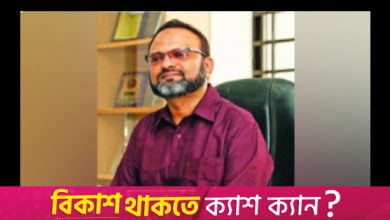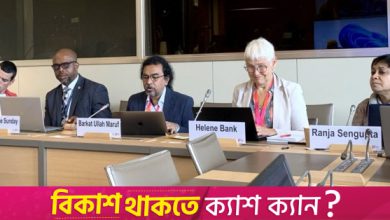Urbanisation must extend beyond Dhaka to make cities sustainable: Experts


“Considering that 40% of its population already resides in urban areas, with this figure expected to surpass 50% in the near future, Bangladesh cannot be deemed solely as a rural country,” said Nazrul Islam, emeritus professor of Dhaka University
Speakers at a seminar on “Making Cities Sustainable: Challenges and Imperatives for Bangladesh”, at BIISS auditorium in Dhaka on 27 June. Photo: Courtesy
“>
Speakers at a seminar on “Making Cities Sustainable: Challenges and Imperatives for Bangladesh”, at BIISS auditorium in Dhaka on 27 June. Photo: Courtesy
In order to ensure a sustainable future by preserving the environment and resources, urban planners have proposed the expansion of the country’s urbanisation programmes beyond the capital city in a manner that promotes sustainability.
Taking part in a seminar, “Making Cities Sustainable: Challenges and Imperatives for Bangladesh,” at the BIISS auditorium today (27 June), they said a holistic approach is needed towards the country’s urbanisation strategies. The expansion of urban areas can be achieved through the decentralisation of Dhaka.
Panel discussant Nazrul Islam, emeritus professor of Dhaka University and chairman of the Centre for Urban Studies, said urbanisation should extend beyond the city of Dhaka in the interest of comprehensive growth.
“Considering that 40% of its population already resides in urban areas, with this figure expected to surpass 50% in the near future, Bangladesh cannot be deemed solely as a rural country.”
He also highlighted the need for a national urban policy.
He mentioned that in 2011, a team under his guidance initiated the development of a policy which, unfortunately, has not been finalised for some reason.
As chief guest, Housing and Public Works Minister RAM Obaidul Muqtadir Chowdhury said urbanisation encompasses more than just the construction of buildings and the improvement of amenities and living conditions. It is crucial to also consider the preservation of natural growth in order to achieve sustainable development.
He mentioned that shifting Hazaribagh tanneries to Savar has not yielded the expected results.
The tanneries in Savar have failed to flourish, and moreover, the rivers in the vicinity are also facing pollution, he added.
The minister said the country’s urbanisation plans must include the recovery of rivers as well as the entire water system.
“The Buriganga river has been destroyed in the pursuit of urban development. It is not just the Buriganga that has suffered, but the entire water system has been irreparably damaged.”
The minister further highlighted the fact that matters such as waste management and preservation of agricultural lands must be included in urban plans.
Furthermore, he said urbanisation is not possible without electricity, but it must be ensured that power generation does not cause any harm.
Presenting the keynote paper, Shegufta Hossain, research director of BIISS, said that by 2050, it is estimated, 56% of Bangladesh’s population will be living in urban areas, with Dhaka alone expected to be home to over 27 million people.
She said rapid urbanisation and infrastructural progress coupled with rural-urban migration have created many problems impacting nature, human lives and resources in cities in many regions of the world. “As a developing nation, Bangladesh also faces such problems. The major cities of the country are confronted with various management challenges, notably traffic, waterlogging, air-water-soil pollution, and earthquake risks.
“Planned and sustainable urbanisation is one of the crucial preconditions for economic development and Bangladesh recognises this need as illustrated in the SDG-11,” she added.




